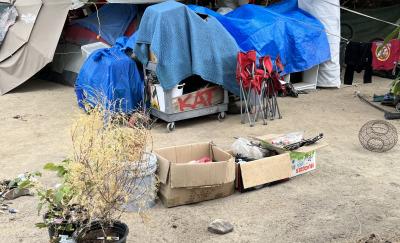Since March 2020, the COVID-19 pandemic has had significant effects on the U.S. economy. The unemployment rate initially rose dramatically, as did the number of workers applying for Unemployment Insurance (UI) benefits. The pandemic affected not only UI programs but also operations of states’ Reemployment Services and Eligibility Assessment (RESEA) programs. RESEA programs, which are funded by the U.S. Department of Labor (DOL), serve UI claimants’ reemployment needs and safeguard UI program integrity by helping ensure that claimants meet their continuing eligibility requirements.
In 2018, Congress passed legislation to increase RESEA funding and require that RESEA funds be allocated “only for interventions demonstrated to reduce the number of weeks for which program participants receive unemployment compensation.”
To understand the effects of the new provisions, the DOL sponsored a study of state RESEA implementation. This brief uses information collected from staff interviews, staff surveys, and administrative data reported by states to explore how the pandemic affected RESEA programs, including how extensively the pandemic interrupted RESEA operations and how states changed service delivery strategies to maintain or restore program operations. The brief, using data collected from March 2020 through May 2021, also discusses future implications for those changes for RESEA programs.
Among the findings:
- State and local agencies reassigned many staff to process the UI claim surge. They otherwise would have conducted RESEA meetings, so this left fewer staff to provide RESEA and other services to claimants
- Since March 2020, three-quarters of state RESEA programs temporarily suspended operations in response to the pandemic. States worked quickly to develop remote and virtual service options to resume or maintain RESEA programs, and within a year, all states but one had restarted their programs
- Early in the pandemic, the number of claimants RESEA programs served declined sharply
- States made few changes in how they selected claimants, when they selected claimants, and the timing of the initial meeting
- RESEA meetings remained below pandemic levels and shifted to virtual meetings, a feature likely to continue post-pandemic.



